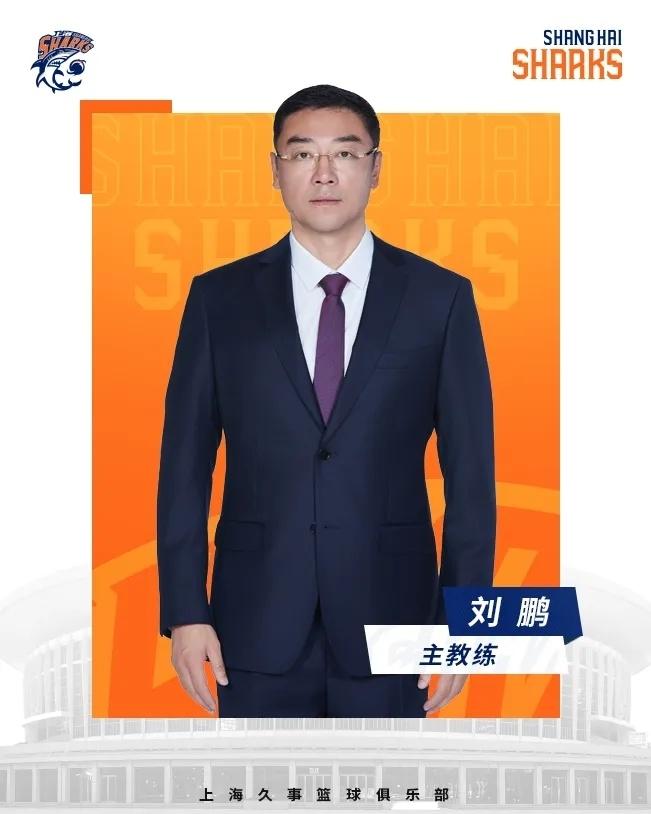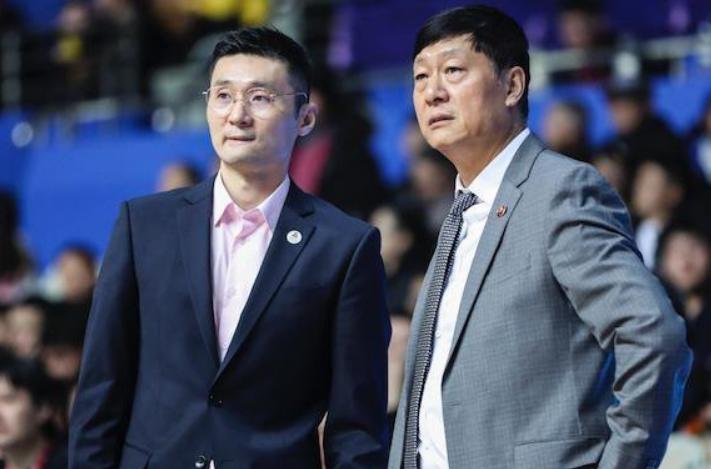Recently, a professional basketball club announced that Liu Peng has officially become the new head coach of the team, while Li Qiuping will continue to serve as the chief coach. This personnel adjustment has attracted wide attention. As a highly regarded coaching combination in the field of Chinese basketball, this job adjustment signifies further optimization of team management and tactical systems. This article will delve into the background, significance, and impact on the team's future.
Background Analysis: The Relationship Between Liu Peng and Li Qiuping
Liu Peng, one of the young coaches in the Chinese basketball world, has gradually demonstrated his coaching abilities in recent years. From assistant coach to interim head coach, and now to the official head coach, Liu Peng's growth is inseparable from the support and guidance of Li Qiuping. Li Qiuping, a legendary coach in the Chinese basketball arena, has led the team to win multiple championships and cultivated a batch of outstanding players and coaches.
The cooperative model between the two can be seen as a classic example of a "master-apprentice partnership." In the past season, Liu Peng helped the team make significant progress with his role as interim head coach, while Li Qiuping provided strategic support and decision-making references from a macro perspective as the chief coach. This division of roles has provided new ideas for the team's development and created more space for the growth of young coaches.
The Significance of the Job Adjustment
This adjustment is not only an affirmation of Liu Peng's personal abilities but also a trial by the team management for a youth-oriented strategy. In recent years, the Chinese professional basketball league has entered a stage centered on "renewal" and "cultivating local talent." More and more teams have begun to attach importance to the cultivation of young coaches, hoping to promote team progress through their vitality and innovative thinking.

Liu Peng's appointment can be seen as a positive response to this trend. His pragmatic attitude and tactical flexibility displayed in coaching can better cope with the fierce league competition. At the same time, Li Qiuping's continued tenure as chief coach ensures stability at the strategic level for the team. The two working together helps balance innovation and experience, providing dual safeguards for the team.
Liu Peng's Coaching Style and Challenges
As the new head coach, Liu Peng's style leans towards practicality and youthfulness. He excels in analyzing opponents' characteristics, formulating targeted tactics, and particularly stands out in on-site command during critical moments of the game. Additionally, he emphasizes communication with young players and stresses the cultivation of team spirit and execution.
However, as a young head coach, Liu Peng also faces significant challenges. How can he find his own coaching style under the "halo" of Li Qiuping? How can he handle the relationship between players and management? These are issues he will need to face and resolve upon taking office.
Li Qiuping's Role in Continuing as Chief Coach
Li Qiuping's status in the Chinese basketball world is unquestionable. His presence is not only a spiritual pillar for the team but also a backing for young coaches. After serving as chief coach, Li Qiuping will focus more on the team's long-term planning, youth training system construction, and high-level decision-making.

This adjustment allows Li Qiuping more time to provide guidance from a macro perspective without being overly distracted by daily training and match affairs. This division of labor can leverage Li Qiuping's experience advantage while providing ample space for Liu Peng to demonstrate his abilities.
Prospects for the Team's Future
This adjustment injects new vitality and hope into the team. A younger coaching team will bring more creative tactical ideas to the team, and Li Qiuping's continued tenure also provides a guarantee for the team's stability.
In the future, the team needs to focus on solving the following issues:
- Tactical Integration: Can Liu Peng quickly integrate the team's existing resources and establish a stable tactical system?
- Young Player Development: How can the team accelerate the growth of local young players under Li Qiuping's guidance and enhance the team's overall strength?
- League Competition: Facing challenges from other strong teams in the league, can Liu Peng lead the team to achieve breakthroughs?
If these issues can be effectively resolved, the team's performance in the next few seasons is worth looking forward to.
Conclusion
Liu Peng taking on the role of head coach and Li Qiuping continuing as chief coach is not just a handover of positions but also a strategic layout. The combination of youth and experience lays a solid foundation for the team's long-term development. On the future playing field, whether this master-apprentice duo can lead the team to achieve remarkable results remains to be seen.